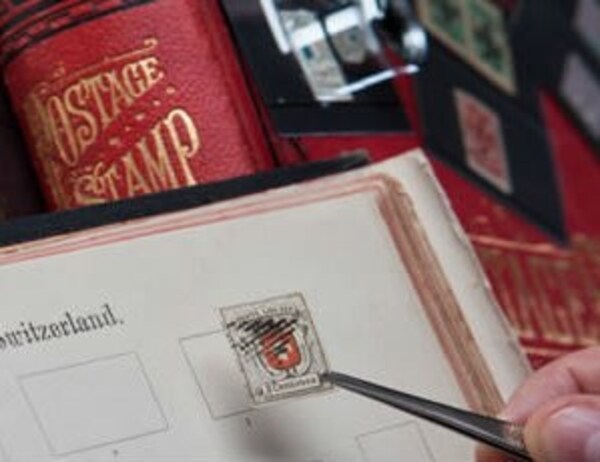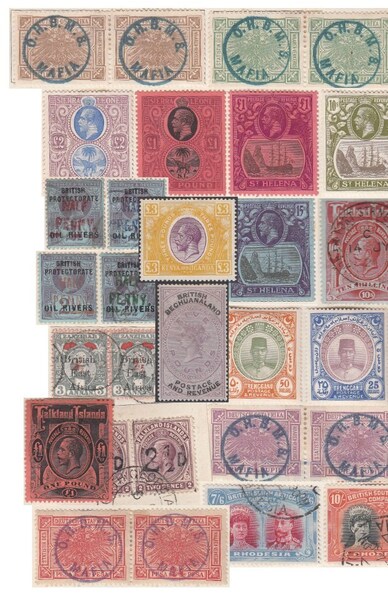Whilst perusing our latest stamps sale I spotted a pair of Epreuves de luxe proofs for the 1945 French Oceania Felix Eboue issue (part of a thirteen- colony omnibus issue in his honour). I’m familiar with the design but the unusual occurrence of a specifically named black man in uniform appearing on a colonial stamp some 70 years ago had not previously struck me, so I decided to learn a little more about this man who turned out to be rather remarkable…
Félix Éboué, a native of French Guiana was born on the 26th December 1884. His grandparents were slaves, yet despite these apparent disadvantages he rose to a high rank in the French Colonial Service and became the first man of black African descent to be become a senior Colonial Administrator, when he was appointed the Governor Generalship of Guadalope in 1937. Certainly no easy feat even for the most educated and well- connected French civil servant.
Having first won his scholarship to a lycée in Bordeaux, he had graduated in Law from the prestigious École Nationale de la France in Paris. Working in a number of different roles within France's African colonies he demonstrated great humanitarian skills, a genuine enthusiasm for African culture and encouraged education at all levels. His commitment and skill were acknowledged to have contributed to the stability of the French African colonies at a time of considerable change and uncertainty.
His success and career developed at a time of deep social prejudice and racial discrimination, General Éboué nevertheless attained huge domestic and international respect. It was Éboué, as the Governor General of Chad (a part of French Equatorial Africa) who had, on the 16th July 1940, declared support for the Free French Government in exile in London and campaigned against the ‘puppet’ Vichy French Government. He later tirelessly worked to successfully secure the support of other French Colonial countries within Africa. His contributions and actions were recognised and later acknowledged by General De Gaulle at the end of the War by the rare accolade of having a set of stamps issued in his memory and after his death his ashes were interned in the Panthéon in Paris.
I must have seen these stamps hundreds of times yet never once did I pause to consider their subject. What a great hobby!


 General
General
 General
General
 General
General